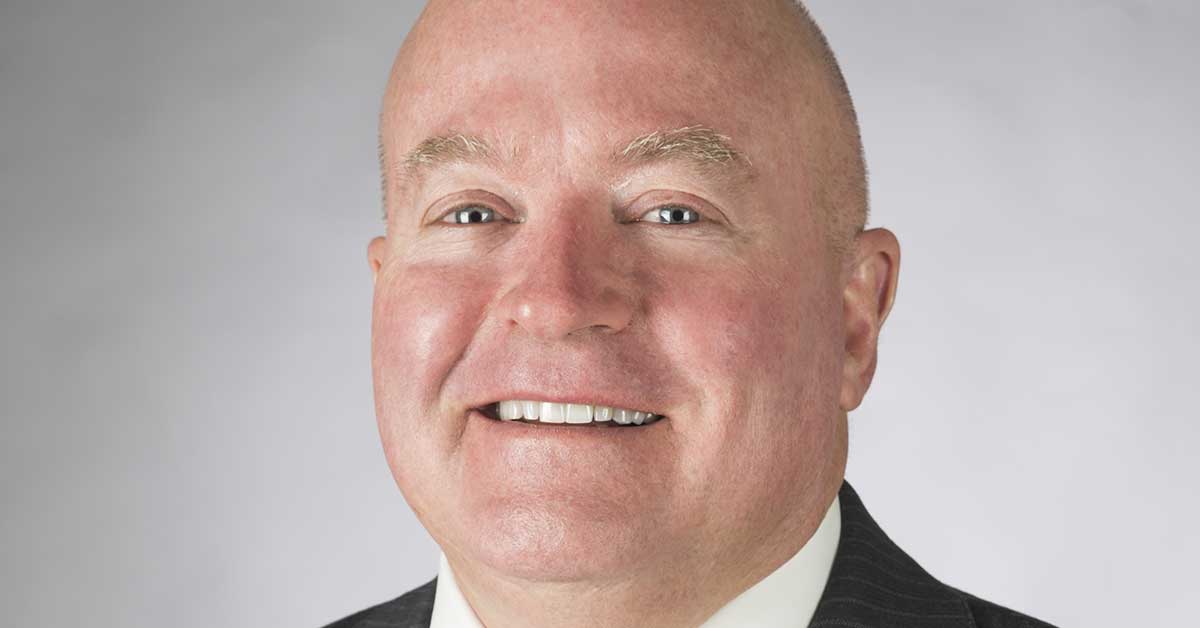Louisville-Based College President Applauds City’s Commitment to Diversity, International Students
Date: August 29, 2018

Only 750 of the 12,000 students at Louisville’s Jefferson Community and Technical College are foreign-born, but college president Dr. Ty Handy calls them an inspiration. “Our international student population is absolutely an example to our other students,” he says. “Their retention rates, GPA exceed our institutional averages. They know what the American Dream is and are willing to work for it.”
Handy says that creating a welcoming campus for international students and underrepresented minorities is crucial, both to the success of KCTCS and to the local workforce once his students graduate. It’s why he opened a multi-cultural center at the college last year and why he says that Louisville’s local government takes a similar open-arms approach. “Our community leadership embraces diversity,” he says. “In the mayor’s words, Louisville strives to be a ‘compassionate city.’ And I think that’s what we are here in Louisville.”
Our community leadership embraces diversity. In the mayor’s words, Louisville strives to be a ‘compassionate city.’”
The NAE Cities Index, which scores the cities most welcoming to immigrants, backs this up. In fact, Louisville scored particularly high in the category of “Government Leadership.”
“Everything the mayor does, he does around building an equitable city,” Handy says. He points to the city’s Office for Globalization, which was established in 2011 to help Louisville “compete in an international and multicultural world.”
And while Louisville still has room for growth in the category of Civic Participation, which looks at local naturalization rates and the immigrant share of public-sector workers, Handy says the city is already working to improve. In 2016, the mayor’s office and metro chamber of commerce established the Global Louisville Action Plan to “attract, retain, and grow” Louisville’s foreign-born population and workforce. A lot of the focus is around integrating Louisville’s newest residents and helping them transfer their credentials to jobs here in the United States. Handy says this is especially valuable to Louisville employers like Ford, General Electric, UPS, and Amazon, which are already scrambling to find employees because there aren’t enough unemployed American-born workers in the area.
“We have to look, not just nationally, but internationally in order to attract the talent and scope of skills that are needed,” he says.
And the city of Louisville—part of the Great Lakes Region, where immigrants accounted for half of population growth between 2000 and 2015—is committed to doing just that. “It really starts with the culture of the leadership,” Handy says of his city’s attitude toward immigrants. “They set the tone for the community to follow. And more so than any other community I’ve lived in, the tone that our leadership tries to set is very welcoming.”
